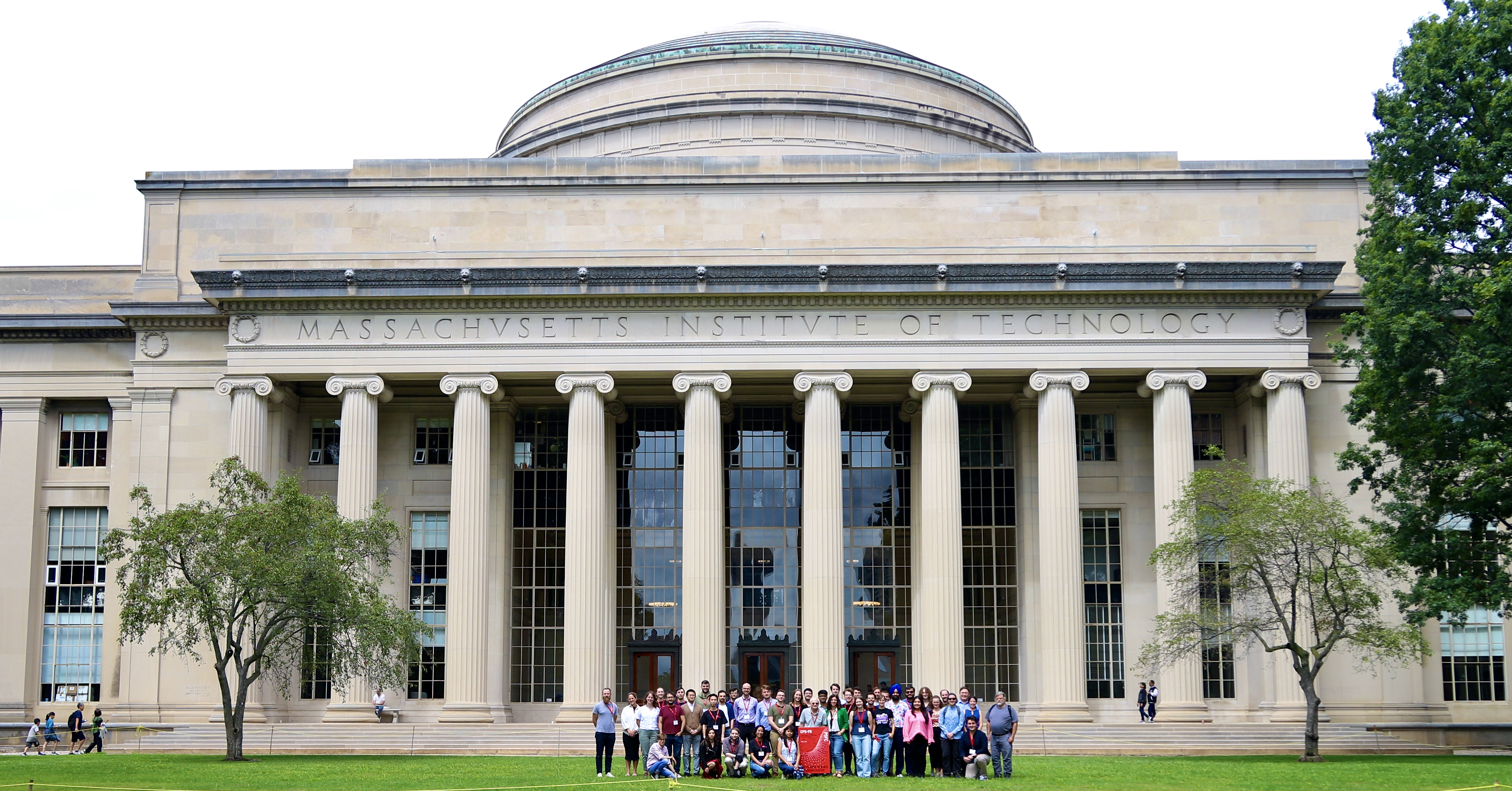PSFC hosts the 6th Computational Physics School for Fusion Research
CPS-FR reaches its sixth edition
This story originally appeared on: psfc.mit.edu

The Plasma Science and Fusion Center (PSFC) hosted the sixth edition of the Computational Physics School for Fusion Research (CPS-FR) summer program from August 18 to 23 on MIT’s campus. Sponsored by the U.S. Department of Energy’s Office of Fusion Energy Sciences and by MIT’s Office of Research Computing and Data (ORCD), the week-long program once again convened graduate students, postdocs, and early-career researchers from around the world to build practical expertise in high-performance computing and data science tools essential to fusion energy research.
The school, launched in 2019 under the leadership of PSFC Principal Research Scientist Cristina Rea and Senior Research Scientist Paul Bonoli, was designed to fill a gap in plasma physics and nuclear engineering training: while researchers increasingly rely on computational methods, formal education in high-performance computing, machine learning, and modern programming frameworks is often limited. CPS-FR provides a structured setting where participants can gain hands-on experience with methods directly applicable to their own work.
Tim Linke, a CPS-FR attendee from Lawrence Livermore National Lab, said of the opportunity, “The CPS-FR was especially valuable to me as it pulled back the curtain on many of today’s computational techniques to unveil the mathematical workings and gain an intuition about their strengths and, more importantly, their limitations. In the short time since CPS-FR ended, I have already found myself using the created scripts as blueprints to apply to my current work.”
This year’s faculty brought expertise from across academia, national labs, industry, and international fusion startups. Instructors included specialists from MIT, MIT Lincoln Laboratory, Davidson College, Columbia University, Google DeepMind, the UK Atomic Energy Authority, and Proxima Fusion, among others — all preeminent in their fields and collectively spanning topics from high-performance computing architectures and parallel programming to machine learning, Bayesian optimization, and FAIR data practices.
Rea recalled the week’s poster session as a standout moment. “A highlight of the program was the poster session held on August 20, where 21 participants showcased the breadth and depth of fusion research carried out by early-career scientists,” she said. “The projects ranged from reduced order model development and adapting kinetic solvers for quantum computing to stellarator optimization and design, reflecting the diverse and innovative approaches of the next generation of fusion researchers.”
In addition to lectures and tutorials, students engaged in hands-on coding exercises and collaborative problem-solving, fostering cross-institutional connections that organizers see as central to the school’s mission. Student participants praised the school’s accessibility and the immediate relevance of the training. “I am thrilled that I was able to attend CPS-FR 2025,” said Siena Hurwitz, a PhD candidate at the University of Maryland. “It was obvious to me how thoughtfully and intentionally the summer school had been designed to benefit early-career fusion scientists […]. I not only found much of what I learned to be directly relevant to my research needs, but I am also appreciative that I was able to connect with people from such a wide variety of backgrounds and geographies. I just wish I could attend a second time.”
Organizers Rea and Bonoli credit the inspiration for CPS-FR to Francesco Sciortino, a PSFC alumni and founder of German company Proxima Fusion who helped launch the summer school. They note that the program continues to be modeled on similar initiatives in high-energy physics such as the CoDaS workshops.
With computational tools now essential for understanding plasma turbulence, predicting disruptions, and designing next-generation fusion devices, CPS-FR is expected to remain a fixture in the fusion education landscape.
CPS-FR 2025 was supported by the U.S. Department of Energy Office of Fusion Energy Sciences under award DE-SC0021638 and sponsored by MIT’s Office of Research Computing and Data (ORCD).
Enjoy Reading This Article?
Here are some more articles you might like to read next: